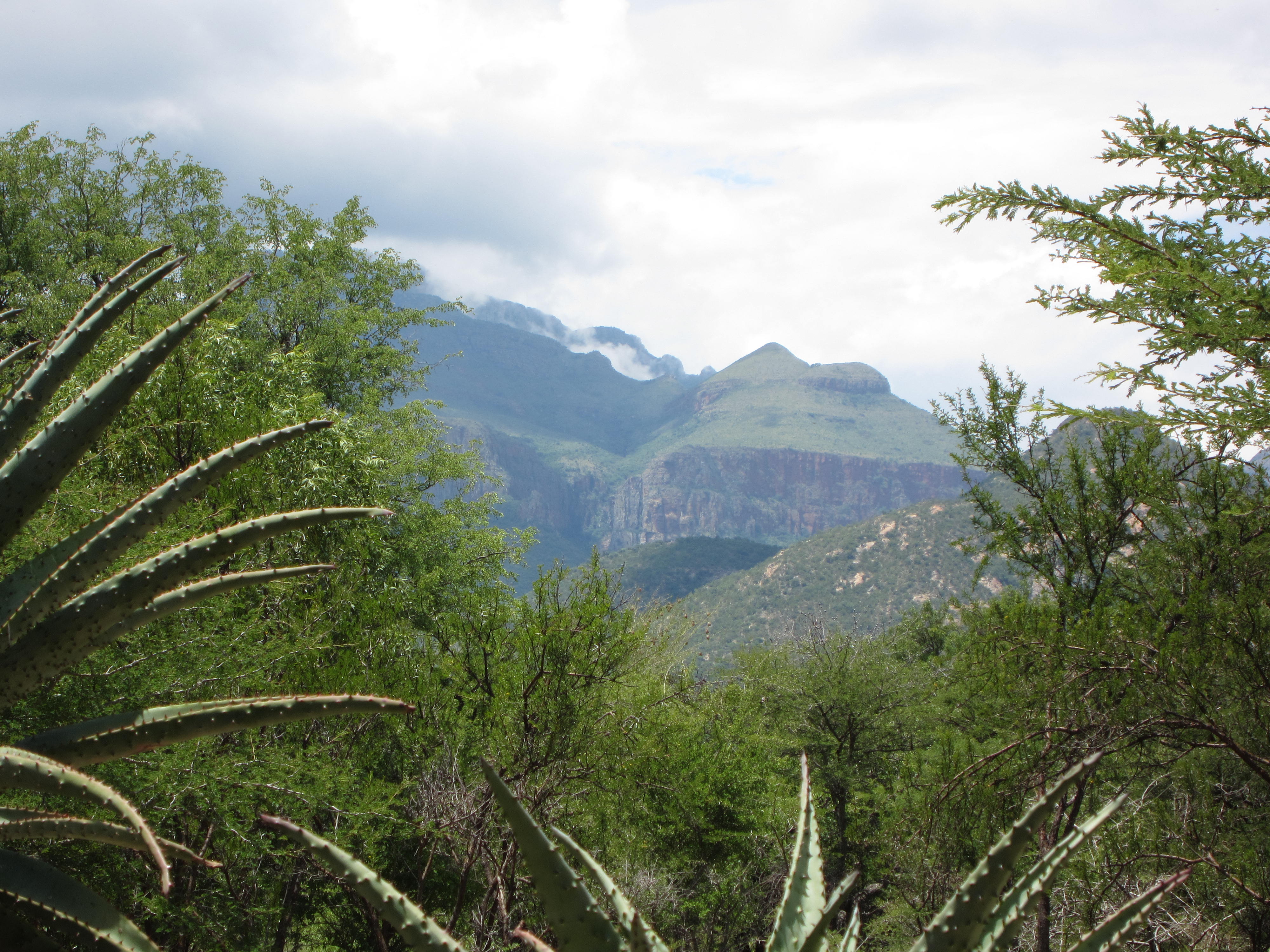Projects/ Time of intervention
ABS Capacity Development Initiative (ABS Initiative) – partner country since 2015
ABS Compliant BioTrade in South(ern) Africa (ABioSA) – focal intervention country 02/2018- 12/2024
BioInnovation Africa (BIA) – 07 /2019 – 12 /2025
Why South Africa?
South Africa is a long-standing partner country of the ABS Initiative and a major intervention country for ABioSA and BIA for several reasons:
It is the third most biologically diverse country in the world after Indonesia and Brazil, with over 21,000 plants species, representing around 8% of the world’s vascular plants. Along with the Cape Floristic Kingdom and two other global biodiversity hotspots, South Africa has very high levels of endemism. Additionally, the country shares plant species with neighbouring countries, notably well-known species from which some biotrade products have already been commercialized, including marula, baobab and devil’s claw.
South Africa bears a high degree of cultural diversity with many groups having used these plant resources for food, biotechnology/fermentation, cosmetics, medicine, ceremonial and other uses for hundreds, even thousands, of years. This associated traditional knowledge can represent important economic value in the biotrade sector, for example, guiding product development, and supporting marketing of valuable properties to industry and consumers.
South Africa started implementing ABS and the Nagoya Protocol at a relatively early stage. It was one of the first countries that ratified the Nagoya Protocol in January 2013 and a key player in the negotiations of the Protocol. The first law with ABS provisions was passed in 2004 and became fully operational in 2008. Currently, South Africa amends its ABS framework to support the implementation of the National Biodiversity Economy Strategy from 2016. With DFFE the three projects have a strong partner at government level.
Aim and objectives
The overall aim of the ABS Capacity Development Initiative’s work in South Africa is to support the implementation of the Nagoya Protocol in all its dimensions
The aim of the ABioSA programme is to create a high-growth jobs-rich and innovative biotrade sector that complies with international and domestic ABS regulations. It supports sustainable development goals and contributes to the livelihoods of rural people and the productive use of South(ern) Africa’s plant biodiversity. It aims to create permanent and seasonal jobs in biotrade value chains, while substantially boosting the value generated from biotrade products from the region.
The project works with selected biotrade value chains and plant species, including some which straddle national borders. These have been identified based on criteria including traditional knowledge, ecological sustainability, market demand, potential for value-adding and job creation, and the participation of indigenous peoples and local communities (IPLCs) and Small Medium Enterprises (SMEs). The ABioSA programme is focusing on high-impact value chains consisting of a cluster of seven seed oils and six essential oils, of which sector plans for six value chains with the most economic potential are being developed. It is a consultative, participatory process, involving all individuals and organisations (public, private and not-for-profit) with an interest or involvement in the South(ern) African biotrade sector.
The project is implemented in close partnership with the Department of Forestry, Fisheries and the Environment (DFFE), which leads the South African government’s approach to biotrade. This collaboration takes into account existing policy and legislation, such as the National Environmental Management: Biodiversity Act (NEMBA) and the Bioprospecting Access and Benefit Sharing (BABS) regulations which govern access to South Africa’s plant resources and ensure communities benefit from their utilization.
South Africa’s National Biodiversity Economy Strategy provides an excellent platform for development and growth of the biotrade sector. The project supports the achievement of key government targets including job creation, empowerment of women and rural development in South Africa and the region. Within this context, the project also supports the prioritization of DFFEs identified species for cultivation and sustainable harvesting.
Bio Innovation Africa has the following objectives in South Africa:
- Requirements for implementation of the national regulations on access and benefit-sharing are improved.
- Mechanisms for using the benefit-sharing scheme for biodiversity conservation measures have been developed.
- Market potentials of selected biodiversity-based value chains are being used.
